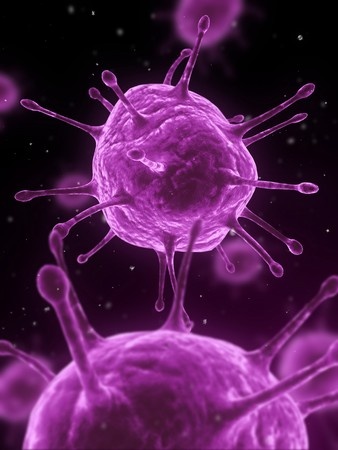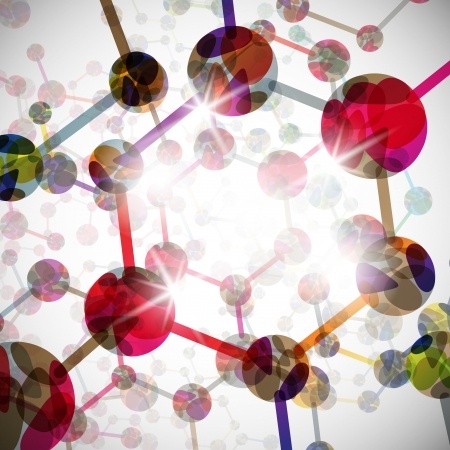Apples that don’t discolour, peanut allergies, sunglasses on demand, mummy X-rays and so much more. This eclectic collection of current science news stories is brought to you by STAOBlog.
SciNews is published every Monday and Thursday. Stay tuned for more.
 Biology
Biology
First detailed microscopy evidence of bacteria at the lower size limit of life. Science Daily
Scientists have captured the first detailed microscopy images of ultra-small bacteria that are believed to be about as small as life can get. The existence of ultra-small bacteria has been debated for two decades, but there hasn’t been a comprehensive electron microscopy and DNA-based description of the microbes until now. The cells have an average volume of 0.009 cubic microns (one micron is one millionth of a meter). About 150 of these bacteria could fit inside an Escherichia coli cell and more than 150,000 cells could fit onto the tip of a human hair. Read more…
Chemistry
Peanuts for baby: A way to avoid peanut allergy?. Science News for Students.
Infants eating small but regular doses of peanut butter are less likely to develop an allergy to peanuts than are babies eating no peanuts. That’s the surprising finding of a new study. Many people, starting in childhood, develop a serious allergy to peanuts. Eventually, even the briefest exposure — such as a kiss from someone who recently ate peanuts — may cause a serious reaction. A rash may break out over the body. The eyes or airways may close. People can die. Because peanut allergies often run in families, doctors may advise the parents or child of someone with peanut allergy to keep all peanut products away from kids, from birth onward. Read more…
Sunglasses on demand. Science News for Students.
Light-sensitive sunglasses can shield your eyes from bright glare. But the glasses take minutes to darken — and later lighten up again. If you’re suddenly thrust into shadows, do you want to wait? Soon, you may not have to. Chemists have made sunglasses that can switch from dark to clear and back with the tap of a button. Each changes takes only about a second. Read more…
Physics
X-Rays of Buddhist Statue Reveal Mummified Monk. Discover
It’s not surprising that Southeast Asia is home to countless ancient Buddha statues, but when one of those statues contains a mummified monk, that is certainly a surprise. Read more…
Oscar Nominees Hint at Virtual Reality’s Future. Discover.
Take a guess about which of these Oscar-nominated films were promoted through virtual reality experiences. Was it Christopher Nolan’s science fiction spectacular “Interstellar,” Peter Jackson’s fantasy epic “The Hobbit: The Battle of the Five Armies,” or Jean-Marc Vallee’s biographical drama “Wild” about a woman going on a 1,100-mile hike of self discovery? Read more…
Earth and Space Science
Life ‘not as we know it’ possible on Saturn’s moon Titan. Science Daily
A new type of methane-based, oxygen-free life form that can metabolize and reproduce similar to life on Earth has been modeled. It is theorized to have a cell membrane, composed of small organic nitrogen compounds and capable of functioning in liquid methane temperatures of 292 degrees below zero. Read more…



